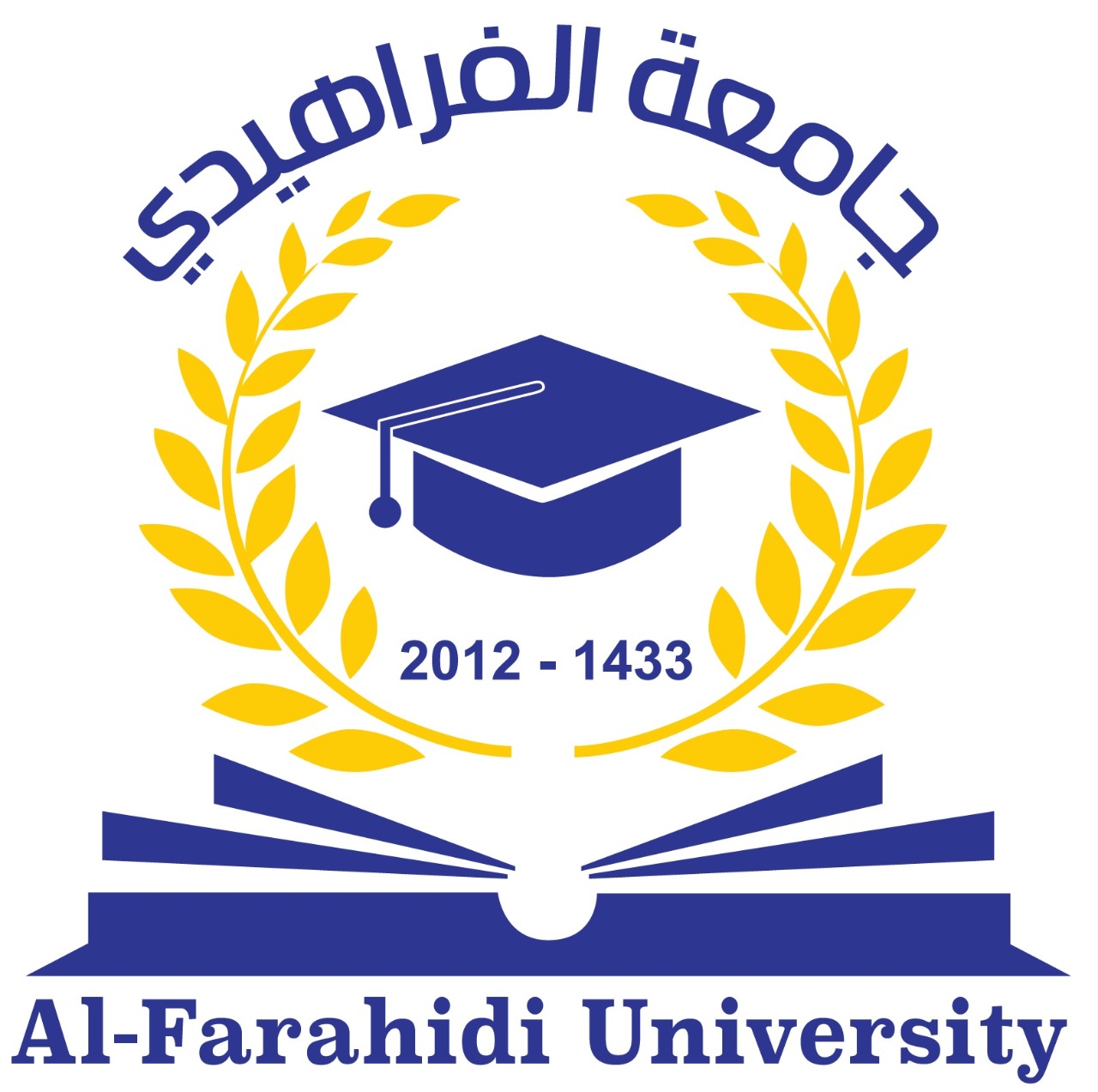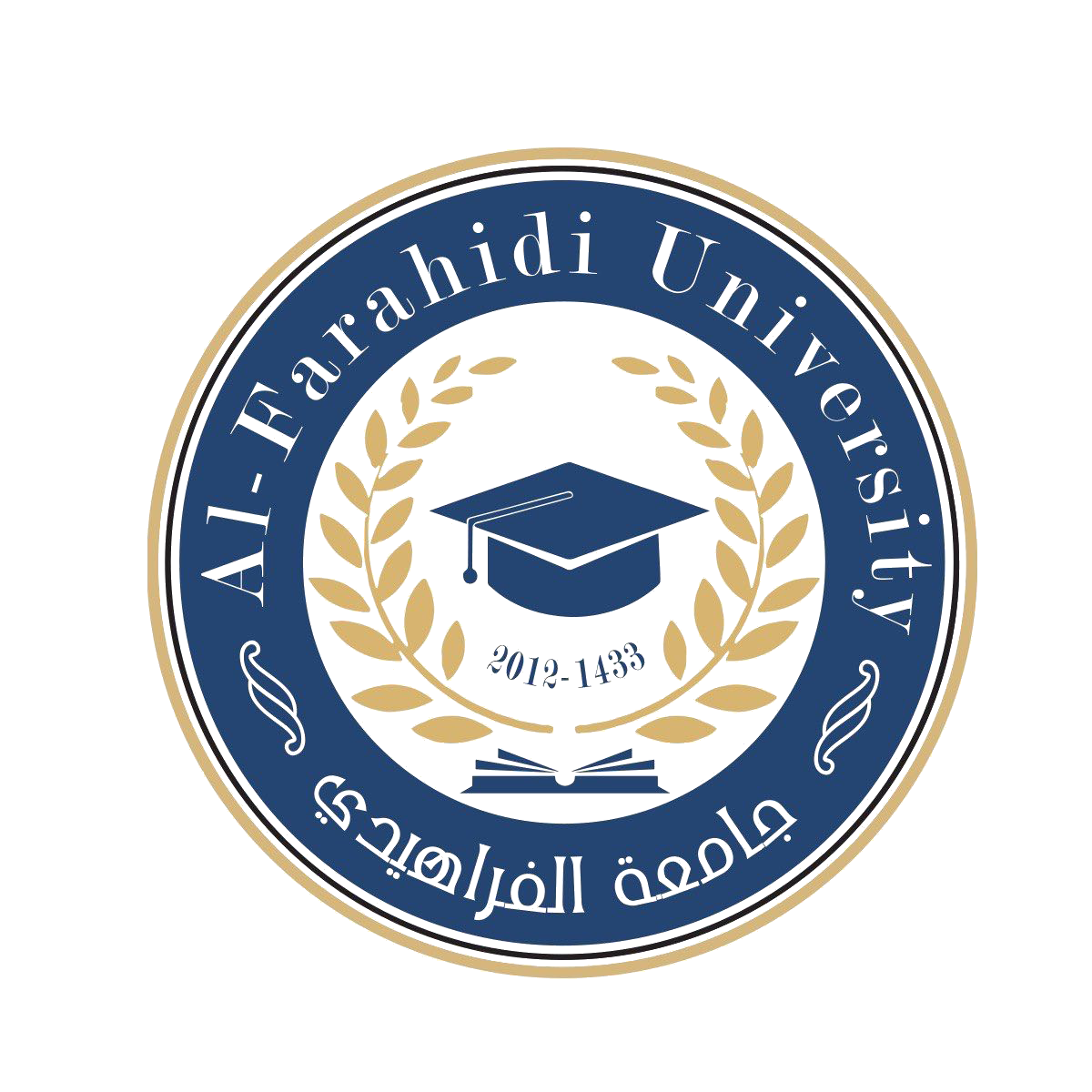Fundamentals of Electrical Engineering
The laboratory aims to prepare students for studying various calculations in circuits with alternating current and direct current, as well as familiarizing them with different theories for studying these calculations.

Electrical Workshops
Providing students with hands-on experience and scientific mastery includes familiarizing them with the tools used within the electrical workshop. Training on the use of calipers and micrometers for measuring the wires used in coils, as well as instructing on the use of different types.

Medical Instruments 1
The laboratory aims to acquaint students with various medical devices and their differences from other electronic devices, as well as to study their internal electronic circuits, operation methods, and maintenance techniques, ultimately qualifying the student to correctly use and maintain medical devices.

Medical Instruments 2
The laboratory aims to acquaint students with various medical devices and their differences from other electronic devices, as well as to study their internal electronic circuits, operation methods, and maintenance techniques, ultimately qualifying the student to correctly use and maintain medical devices.

Electronic Circuits
The laboratory aims to introduce students to electronic circuits, their design methods, and their use in various practical applications.

Digital Electronics
The laboratory aims to teach students the principles of logic circuits used in computers and electronic medical devices, and how they function. It involves building simple digital circuits using truth tables and familiarizing students with them.

Measurements and Medical Transformers
Understanding the basic components of measurement devices, methods of using the devices in measurements, and identifying factors affecting reading accuracy. Also, learning how to choose the appropriate device for testing.

Microprocessor and Digital Signal Processing
Training students on the fundamentals of logic circuits used in electronic computers and how they operate. This includes building logic circuits and familiarizing themselves with digital computers, their components, programming, or applications.

Control Systems and Artificial Intellegence
The laboratory aims to introduce students to the components of control circuits, types of controllers, their uses, application circuits, and their potential utilization in various medical fields.




